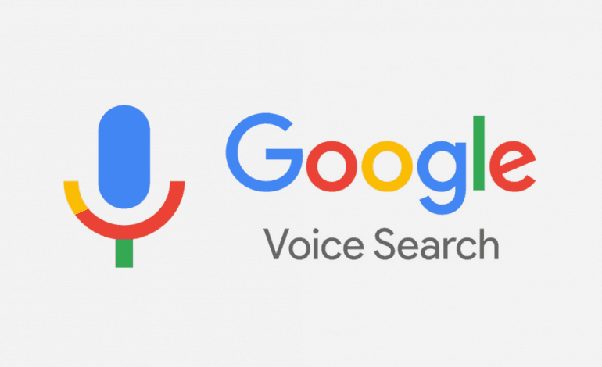
What Is Voice Search?
Voice search essentially allows users to speak into a device as opposed to typing keywords into a search query to generate results. Instead of typing in the search “4 bedroom homes for sale“, buyers are dictating much longer searches such as “4 bedroom homes for sale under $900,000 with 3 bathrooms and a finished basement near shopping“. Very few people would type such a long search string.
So what does this mean to you? Google puts websites on page 1 that answer search queries in context. In other words, if you don’t have enough of the words that are in a search you will most likely not be on page 1.
The solution is to blog and add natural language words to your website. The more words on your website that buyers use to search for a home the more likely your website will be on page one. Try and capture “the long tail” searches by adding posts about homes with swimming pools, homes with tennis courts, homes with mortgage helpers, homes in foreclosure, homes with a 3 car garage and homes with price reductions. There is no end to the words that you can use and the payoff is your website will probably be one of the few websites with these unique words earning you a page one result.
I read an interesting post on Realty Biz News about voice search and the impact on Realtor websites. Click here to view the post.
Voice Search Advantages
There are many reasons why voice search gains popularity, and, as Think with Google summarizes them, here are the main ones:
- Voice search allows users to multi-task, getting answers and information without needing to type. It’s a faster way to search.
- 72% of people who own a voice-activated speaker use their devices as part of a daily routine, getting more done with less friction.
- 62% of those who regularly use a voice-activated speaker say they are likely to buy something through their voice-activated speaker in the next month.
- People are engaging with their voice-activated speakers as if they were human.
- Voice-activated speakers welcome brands as part of the experience and consumers want the information from brands when they use voice search.
Voice Search Tips
Here are some good tips I found on Forbes website for responding to the more than 50% of searches in 2020 that will be done by voice. Click here to view the complete post.
1. Ensure Your Website Loads Quickly
Just like traditional search engine optimization, Google voice search favours websites that load quickly.
2. Write The Way That You Speak
When users search for content on desktop or mobile, they tend to write in short, almost bullet-pointed phrases. For example, if a user wanted to find a great web designer, they could type “top web design companies” into Google.
3. Include Featured Blocks Of Content
The average voice search result is about 29 words long. But although we know that shorter answers perform better, how can we guarantee the content Google will identify and read to users?
4. Concentrate On Local Searches
22% of voice search queries are looking for location-based content. Therefore, brands have a higher chance of producing voice search content if they invest in local content.
Some interesting statistics about Voice Search
Google reports that 27% of the online global population is using voice search on mobile.
According to an Adobe Analytics survey, the most common voice searches on smart speakers are asking for music (70%) and the weather forecast (64%), followed by fun questions (53%), online search (47%), news (46%), and asking directions (34%).
ComScore reports that more than half of all smartphone users are engaging with voice search technology in 2020.
A Gartner study predicts that 30% of all browsing sessions will include voice search by 2020.
A 2018 study from BrightLocal found that 58% of consumers used voice search to find a local business in 2017, and 46% of people using voice search daily are searching for local business.®
